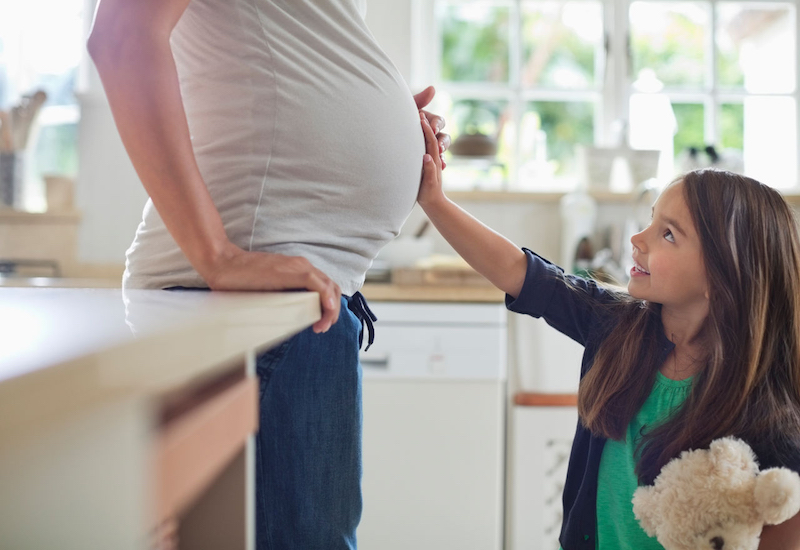A mother’s concern
Posted on 18th May 2020 in Wellbeing, Health Insurance, Independent Education

Bupa Global research reveals the main health and wellbeing worries mothers have for their children
When your children head off to school, it’s natural to be concerned with how they’re doing – it’s that parental instinct kicking in. Are they fitting in OK? Are they performing as well as they could be? Are they getting on with their peers? These feelings are completely normal, and something that parents across the world worry about.
Premium health insurer Bupa Global surveyed nearly 3,000 mothers with children aged 16 and under to find out their biggest health concerns when it comes to their children. Half globally (50%) were most worried about bullying when it came to their children’s health and wellbeing. This increased to 60% among mothers of 11 and 12-year-olds.
Stress was the second greatest concern, with over a third (39%) of mothers worried about their children’s stress levels. 39% were also worried their children might experience anxiety either now or in the future, with 35% concerned they might experience depression.
“As young people are increasingly under pressure, factors such as stress at school, body-image issues, bullying online and offline, and around-the-clock social media can have a significant impact on their mental health” says Dr Luke James, Medical Director at
Bupa Global and UK Insurance.
A 2017 poll of 14 to 24-year-olds by the
Royal Society of Public Health in the UK found that Instagram, Facebook, Snapchat and Twitter all increased feelings of inadequacy and anxiety, worsened children’s body-image worries, exacerbated bullying and caused sleep problems, feelings of depression and loneliness.
Let’s talk about it
But children don’t need to be suffering from stress or anxiety for parents to have an open conversation with them about how they’re feeling, he believes – talking and more importantly, listening, starts at home.
“Listening can actually be more important and significant than talking – it helps you gain their trust and makes them feel important and loved.”
“The difference in your age means that you’ll often see a contrast in your choice of language and opinions, so be aware of this and be open. Don’t interrupt, avoid closed body language like crossed arms, and refrain from judging,”
“You can also help them improve their mental resilience and support their emotional wellbeing through exercise, a healthy diet, and good quality sleep in addition to talking to them,” he adds.
Prevention is key
For James, this early intervention can really help children stay healthy not only in mind, but in body too. Giving children a healthy start to life can also help their future, where they may be less likely to develop health problems such as diabetes, heart problems and even cancer.
The study showed that in addition to mental health worries, nearly half (47%) of mothers were concerned their children were eating unhealthy food, with a third (35%) worried about the lack of physical exercise or balanced nutrition.
“It’s never too early to get your kids involved in cooking simple and healthy recipes,” says James. “The best way to get your kids to be healthy is leading by example in your own lifestyle and eating habits. Exercising together can be a fun way to bond, whether that’s through walking, trips to the pool or the park.”
Live your best life
It’s important for parents to be vigilant and have regular conversations with their children about their health – whether that’s mental or physical – and seek the guidance and support of professionals if necessary.
Bupa Global helps to provide peace of mind by giving children the same level of cover as their parents, at no extra cost (up to two children under 10 years as part of the Elite Health Plan, subject to underwriting). “Bupa Global offers a range of premium health insurance options for families,” James explains, “offering the cover that’s right for you, when and where you need it.”
Find out more at bupaglobal.com/bestlife
This article first appeared in John Catt's Preparatory Schools 2020, which you can read here: